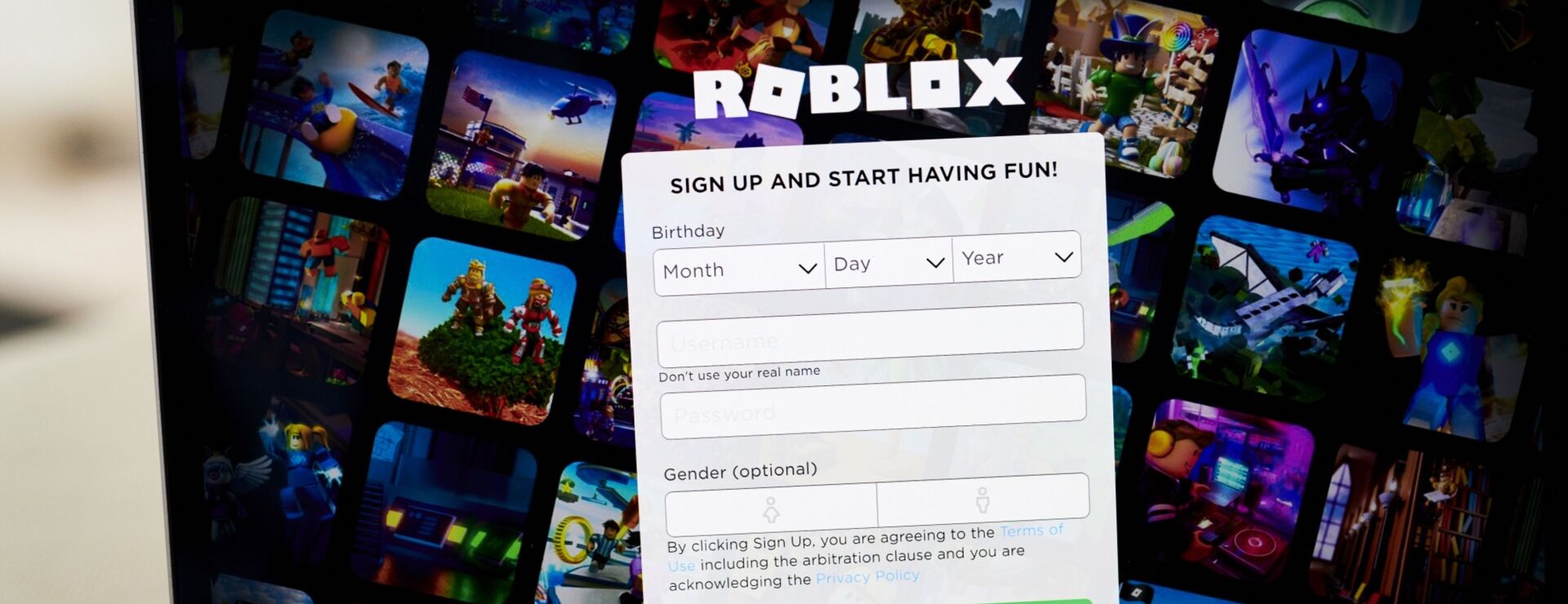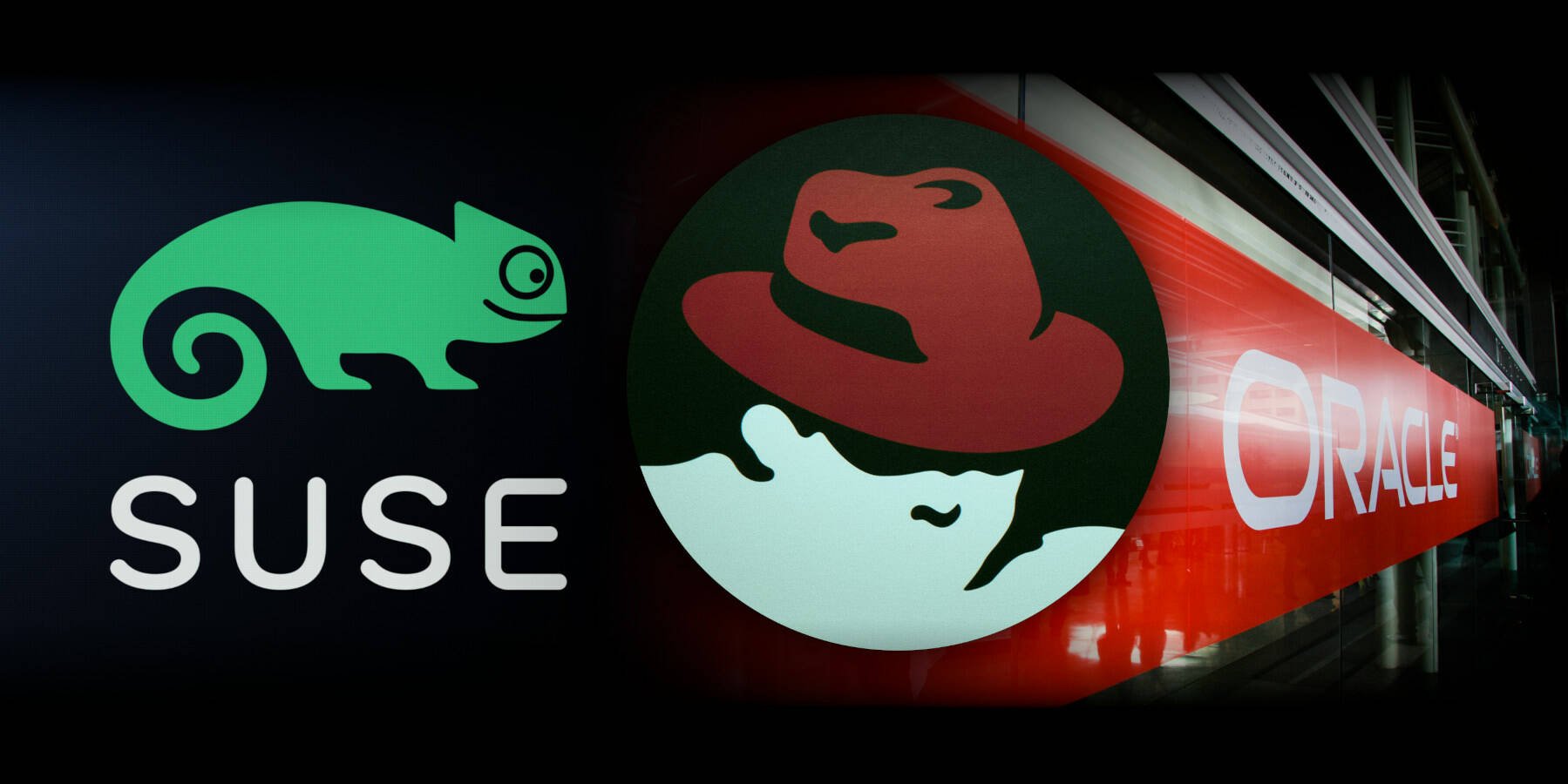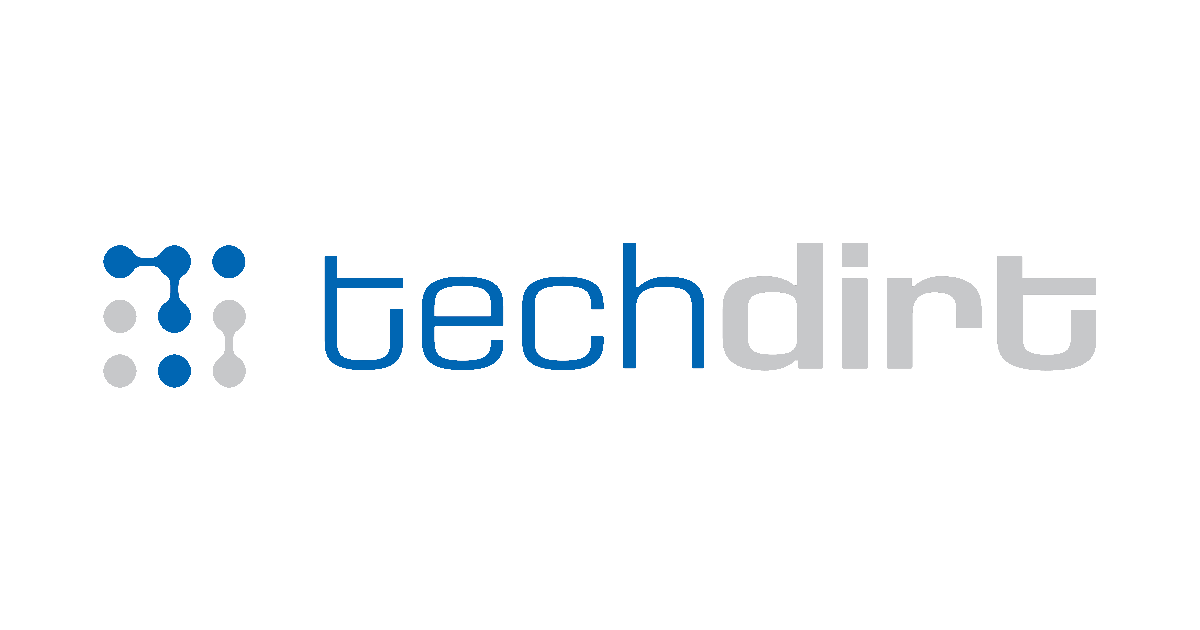Admin of lemmy.name, he/him
- 19 Posts
- 28 Comments

 56·1 year ago
56·1 year agoI don’t think this take is accurate at all. Her actions in that thread appear (to me) entirely as a result of her environment, and honestly there is no basis for the idea she is not of sound mind. The victim blaming is really offputting.
If they’re true, it’s more than likely this kind of abuse was happening throughout the organization and continued up until these allegations, so I’m glad she came out with them.

 3·1 year ago
3·1 year agotl;dr: Customer Content encompasses all data originating from your machine sent to Zoom servers.

 20·1 year ago
20·1 year agoIt never is by default. In fact, they got in a bit of a fiasco early on (before their current E2EE implementation) for using the term “end to end encrypted” after it was revealed they were simply referring to TLS.

 3·1 year ago
3·1 year agoIt’s worth noting that KaiOS, a fork of Firefox OS, has been successful - particularly in developing markets.

 10·1 year ago
10·1 year agoYou’re correct, I mistakenly copied the wrong section. (Posted this from my phone)
Fixed!

 12·1 year ago
12·1 year agoWe’ve already seen this play out in several countries where web blocking is widely implemented (eg Russia, China.) People (generally) flock to state-endorsed alternatives rather than going through the effort of finding bypasses.
(As an aside, Chrome would probably comply with it. It’d be a lot more damaging for them than smaller browsers to block the entirety of France.)

 22·1 year ago
22·1 year agoDo you genuinely believe an average computer user, when presented with a block page, would attempt to circumvent it?
Maybe a small minority would, but overall I find it extremely unlikely. It takes a lot less effort to just download an alternative.

 16·1 year ago
16·1 year agoTheoretically yes, but I’d think that would just result in users switching to browsers which do comply with the law (Chrome, probably)

 4·1 year ago
4·1 year agoI find it interesting that even the conservancy can’t really say whether or not it’s OK legally definitively. Here’s hoping someone still takes them to court over this, wins, and sets precedence that it’s a violation of the GPL (extremely unlikely, but a guy can dream)
I remember people talking about potential scenarios very similar to this when Red Hat was acquired. They were right.

 4·1 year ago
4·1 year agoWe clearly have a disconnect here. There’s a reason I always put a quote to act as summary in the description of my article posts, they provide more detail than the title could. At the end of the day, I think providing the original title regardless of its perceived quality is the better option when these posts are glorified links anyways. (I assure you it was not from AI, The Register has pretty high journalistic standards.)

 11·1 year ago
11·1 year agoWhen most people think of clickbait, there is a disconnect between the content presented and the title. There is no such disconnect in this case. Your interpretation of the word is an outlier, and even if I agreed that it was clickbait, you still haven’t convinced me it is a bad thing in this specific scenario.

 5·1 year ago
5·1 year agoYeah - even if it technically isn’t legal, GPL violators have a long history of getting away with it. IBM has a legal team that’ll scare almost anyone away.

 2·1 year ago
2·1 year agoIt could be argued that is also a restriction disallowed by the GPL (in my mind any terms that bring negative consequences for expressing your rights given by the license are restrictions), but at that point it’s really beyond my expertise on this subject. I’m not sure if the GPLv3 even defines this at all - maybe Red Hat is banking on that ambiguity.

 4·1 year ago
4·1 year agoAccidentally deleted my last comment… but a summary of what I had said, I don’t think it’s clickbait. This is an inflection point for the entire space and I actually considered changing the title because I didn’t think it properly expressed just how damaging it is. It restricts people receiving RHEL source, compromising existing derivatives and essentially closing off the possibility of any more. RHEL is an extremely influential distro, others will follow its lead. Also, it’s a copy and paste of the original title.
If you think anything I’ve said here is incorrect or you have a different perspective, I’m totally open for discourse. Just don’t go around leaving negative comments without explaining yourself - I was hoping this community would be better than Reddit too.
(Lemmy REALLY needs a confirmation box for that. Not the first time lol)

 32·1 year ago
32·1 year ago…I don’t see how this is clickbait, this is a major damaging move to downstream distros. They can no longer use RHEL source. Also, I just copy and pasted the original article’s title. RHEL is an extremely influential distro, others will follow its lead.
I actually considered changing it at first because I didn’t think it properly conveyed just how damaging to open source this is. This is an inflection point for the entire space. Red Hat is one of the most influential distros and others will follow its lead.
If you disagree with my take, fair, but tell me why. Same for all the people upvoting @carlyman’s comment. I want to have real discourse with you all, and I will change the title if you have good reasoning that it is in fact inaccurate. Like you said, we don’t want this to be like Reddit.

 8·1 year ago
8·1 year agoAnother excerpt from the GPLv3 that explicitly describes and disallows what Red Hat is doing - you are explicitly not allowed to add any restrictions when you redistribute GPLv3 licensed software:
If the Program as you received it, or any part of it, contains a notice stating that it is governed by this License along with a term that is a further restriction, you may remove that term.…aaand an additional excerpt which disallows Red Hat’s restrictions:
Each time you convey a covered work, the recipient automatically receives a license from the original licensors, to run, modify and propagate that work, subject to this License.(note: “original licensors” is not Red Hat regarding any software other than their own. Red Hat cannot change or infringe upon rights received from upstream.)
and ANOTHER excerpt:
If you distribute copies of such a program, whether gratis or for a fee, you must pass on to the recipients the same freedoms that you received. You must make sure that they, too, receive or can get the source code.

 8·1 year ago
8·1 year agoI was confused they didn’t think of this either, but the language in the license is very clear. I see no way it cannot be infringing - the only way you can be restricted from redistributing GPLv3’d source is if you publish it incorrectly. If you override these rights in any way, you lose your license to distribute the GPLed software and it turns into piracy.
That’s ignoring the variety of other OSS licenses used for software in their repositories, many of which have similar (or even broader) redistribution rights.
Relevant GPLv3 language:
Section 4. Conveying Verbatim Copies. "You may convey verbatim copies of the Program's source code as you receive it, in any medium, provided that you conspicuously and appropriately publish on each copy an appropriate copyright notice; keep intact all notices stating that this License and any non-permissive terms added in accord with section 7 apply to the code; keep intact all notices of the absence of any warranty; and give all recipients a copy of this License along with the Program." Section 5. Conveying Modified Source Versions. "You may convey a work based on the Program, or the modifications to produce it from the Program, in the form of source code under the terms of section 4, provided that you also meet all of these conditions: a) The work must carry prominent notices stating that you modified it, and giving a relevant date. b) The work must carry prominent notices stating that it is released under this License and any conditions added under section 7. This requirement modifies the requirement in section 4 to “keep intact all notices”. c) You must license the entire work, as a whole, under this License to anyone who comes into possession of a copy. This License will therefore apply, along with any applicable section 7 additional terms, to the whole of the work, and all its parts, regardless of how they are packaged. This License gives no permission to license the work in any other way, but it does not invalidate such permission if you have separately received it. d) If the work has interactive user interfaces, each must display Appropriate Legal Notices; however, if the Program has interactive interfaces that do not display Appropriate Legal Notices, your work need not make them do so."

 16·1 year ago
16·1 year agoMost of their stuff is under the GPL. It’s a GPL violation to not allow their customers to share the source. I’m guessing they’ll reverse this decision (or selectively release everything they’re obligated to) within a week.

 4·1 year ago
4·1 year agoI think this might be true for iOS, isn’t the case on Android. Android phones still fully shut down in the traditional sense.


















Read the thread in full, it’s much worse than The Verge makes it out to be - that was actually one of my contentions with this article when posting.